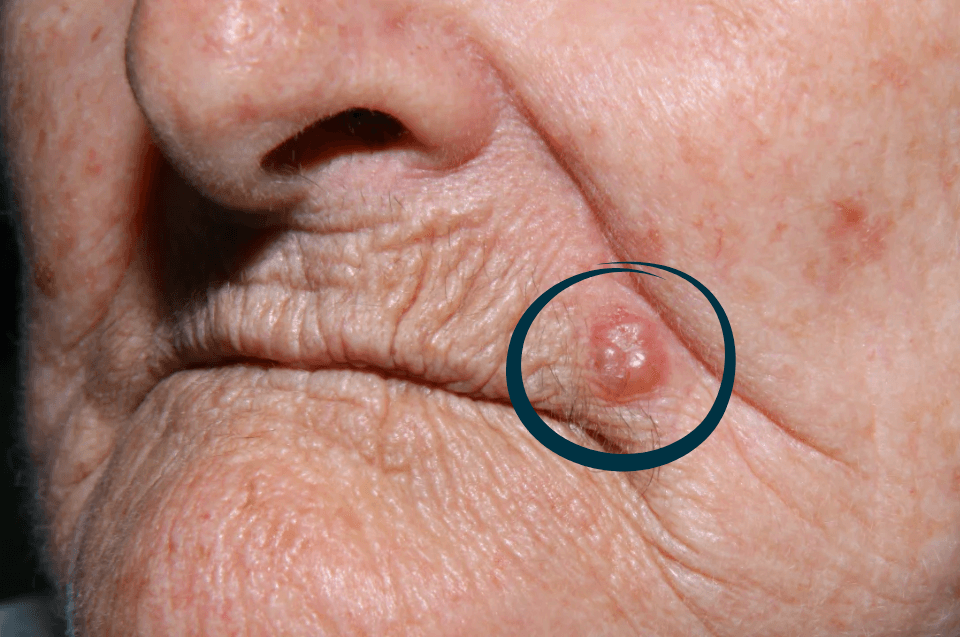Why Prepare for a Trip to South Africa? 🌍🍇
From safaris in Kruger National Park, to wineries in Stellenbosch, to the vibrant city life of Cape Town — South Africa is a diverse and fascinating destination.
But beyond the breathtaking landscapes, travelers need to be aware of health risks, since some tropical diseases remain prevalent and access to healthcare can vary significantly between urban and rural regions.
Most Common Health Issues in South Africa 🩺📊
HIV/AIDS – One of the highest rates in the world, especially in rural areas.
Tuberculosis (TB) – Often associated with HIV, still a major public health issue.
Cardiovascular diseases & diabetes – Increasing in urban populations.
Cancers (breast and cervical) – High rates, often with late diagnosis.
Tropical infectious diseases – Malaria occurs in specific regions.
Health Concerns for Tourists 🌡️🧳
Traveler’s diarrhea – Often caused by changes in diet or contaminated water.
Malaria – Present in safari areas such as Kruger Park and Limpopo.
Dehydration and heatstroke – Due to hot and dry climates in certain regions.
Accidents and injuries – From safaris, hiking, or adventure sports.
Do I Need Travel Insurance for South Africa? 💳
Yes — highly recommended.
Public healthcare exists but is overloaded and lower in quality.
Private healthcare is modern and efficient, but very expensive for tourists.
Good travel insurance should cover:
Emergency medical care & hospitalization
Doctor consultations and exams
Medical evacuation or repatriation in serious cases
Accidents during adventure activities (check if included in your plan)
How the Healthcare System Works in South Africa 🏥🇿🇦
Public system – Free for residents, but with long wait times and limited resources.
Private system – Excellent quality in cities such as Johannesburg and Cape Town, but unaffordable without insurance.
👉 Most tourists rely on private healthcare.
Recommended Vaccines Before Traveling to South Africa 💉
Yellow fever – Mandatory if arriving from a yellow fever risk country (requires International Certificate of Vaccination).
MMR (Measles, Mumps, Rubella)
Hepatitis A and B
Tetanus and Diphtheria
Influenza (flu)
COVID-19
Typhoid – Recommended if traveling to rural areas.
👉 In some regions (such as Kruger Park), malaria prophylaxis with preventive medication may be necessary.
Restricted or Prohibited Medications in South Africa ❌💊
South African immigration is strict with controlled substances.
🚫 Controlled or Restricted:
Opioids (codeine, morphine) – allowed only in small quantities with a prescription in English.
Benzodiazepines & certain antidepressants (diazepam, clonazepam, alprazolam) – controlled, require a prescription.
Methylphenidate (for ADHD, e.g., Ritalin) – needs a detailed medical certificate.
Corticosteroids in large amounts – may raise questions at immigration.
✅ Allowed With Precaution:
Paracetamol (acetaminophen)
Ibuprofen
Antihistamines
Antacids
Vitamins and contraceptives
✔️ Only for personal use, in original packaging.
💡 Practical Tips:
Carry medications in their original packaging.
Always have a doctor’s prescription in English with the generic (active ingredient) name.
Avoid carrying large amounts of any single medicine.
Health Travel Checklist for South Africa ✅🧳
International travel insurance with medical coverage
Yellow fever vaccination certificate (if applicable)
Malaria prophylaxis if traveling to risk areas
Prescription in English for ongoing medications
First-aid kit (pain relievers, fever reducers, antihistamines, insect repellent, sunscreen, bandages)
List of hospitals and private clinics near your destination
Conclusion 🌍🦁
South Africa is an extraordinary destination, but requires special attention to vaccines, malaria prevention, and controlled medications.
With proper planning, you can enjoy safaris, wine tours, and beaches with confidence and peace of mind.



